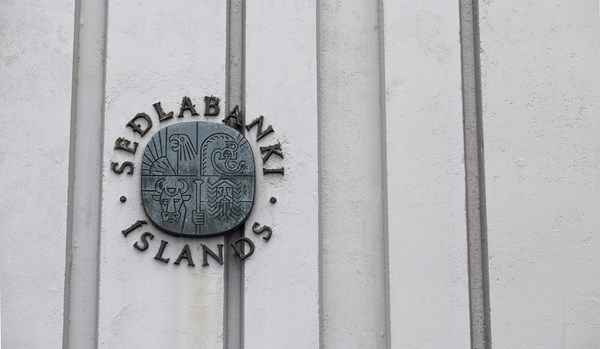Survey of market expectations

The Central Bank of Iceland conducted a survey of market agents’ expectations over the period from 23 through 25 January. A total of 38 agents in the bond market, including banks, pension funds, mutual and investment funds, securities brokers, licensed asset management firms, and insurance firms were invited to participate. Responses were received from 32 market participants, giving a response ratio of 84%.
Highlights
The survey findings indicate that market agents expect inflation to fall over the course of 2023, measuring 5.4% in one year and 4% in two years. One-year expectations rose relative to the previous survey, while two-year expectations are unchanged. Inflation expectations five and ten years ahead declined slightly from the previous survey, however, to 3.5% and 3.3%, respectively. The survey indicates that respondents expect the króna to appreciate marginally in the coming term, with the EURISK exchange rate measuring 150 in one year’s time.
According to the median response in this survey, market agents expect the Central Bank’s key rate to rise to 6.25% in Q1/2023 and then begin to fall in Q4/2023. They expect the key rate to be 6% one year from now and 4.75% in two years’ time.
This is a somewhat higher interest rate than market agents expected at the time of the November survey.
A majority of respondents, or 56%, considered the monetary stance appropriate, down from 67% in the previous survey. The share who consider the monetary stance too loose rose to 28% in this survey from 18% in the previous one. Another 16% considered the monetary stance too tight.
On the whole, the dispersion of market agents’ responses on inflation widened relative to the November survey, but it narrowed as regards their responses on inflation two years ahead. On the other hand, the dispersion of responses on interest rates narrowed slightly overall in comparison with the last survey.
Market agents were asked what they consider the key drivers of inflation in the coming twelve months. Most of them, or 70% of those who answered this question, cited the exchange rate of the króna. Other drivers mentioned by respondents were wage agreements (59%), house prices (56%), and global inflation (22%).
See here data on market expectations:
Survey of market expectations - Q1/2023
A special site for information on surveys of market expectations
